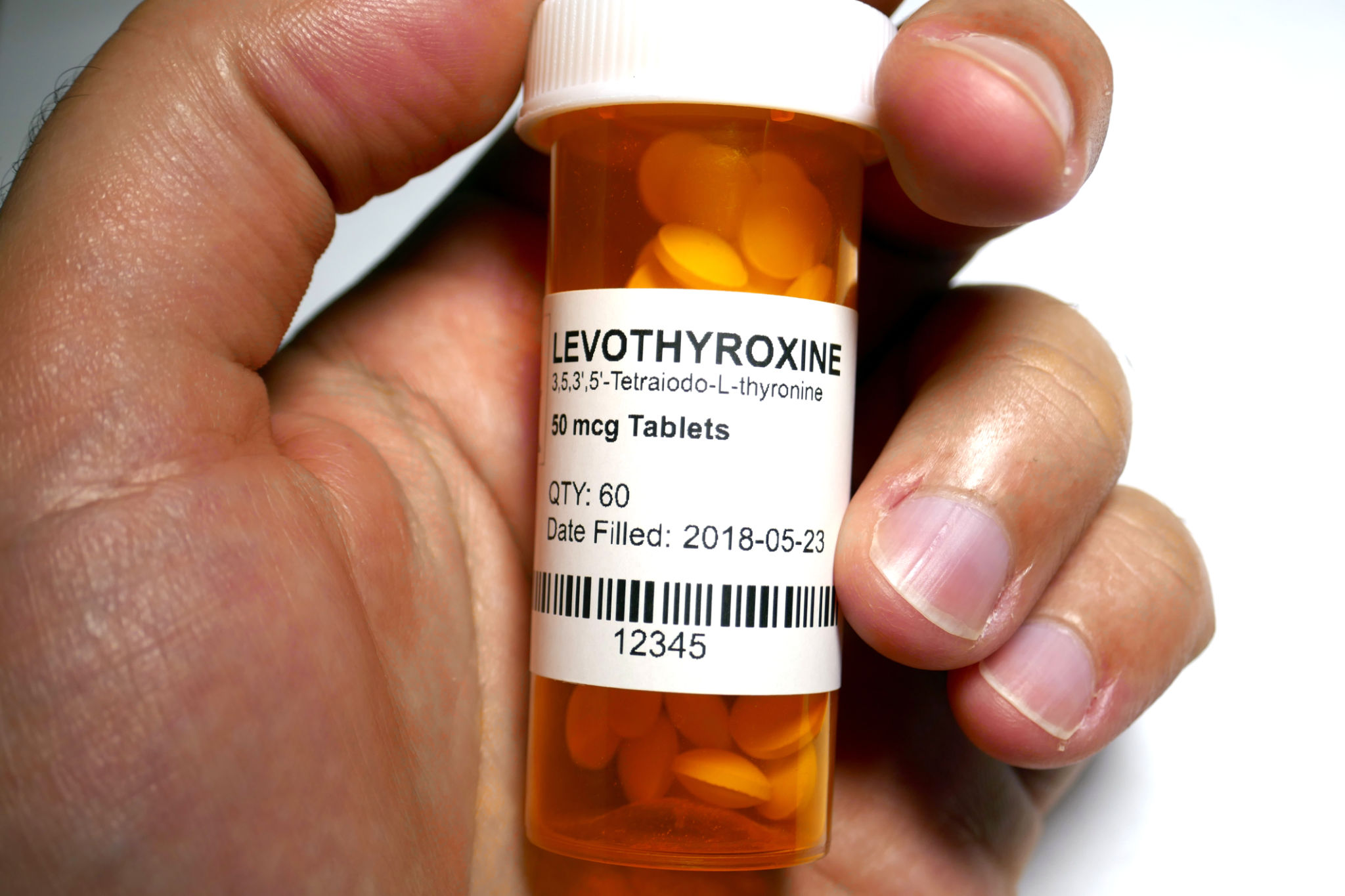Exploring the Benefits of Hormone Therapy: A Path to Wellness
Understanding Hormone Therapy
Hormone therapy is an approach to medical treatment that involves the use of hormones to address various health issues. It can be a crucial part of managing conditions related to hormonal imbalances, which can affect both men and women. Whether it's used to alleviate symptoms of menopause, support gender transition, or treat specific health conditions such as thyroid disorders, hormone therapy can play a significant role in improving quality of life.
One of the primary benefits of hormone therapy is its ability to restore balance in the body. Hormonal imbalances can lead to a variety of symptoms, including fatigue, mood swings, weight gain, and decreased libido. By addressing these imbalances, hormone therapy can help individuals feel more energetic, stable, and overall healthier.

Benefits for Menopausal Women
For women undergoing menopause, hormone therapy can be particularly beneficial. Menopause is a natural transition that can result in uncomfortable symptoms like hot flashes, night sweats, and vaginal dryness. Hormone therapy can effectively reduce these symptoms, allowing women to navigate this life stage with greater ease and comfort.
Additionally, hormone therapy can help in maintaining bone density, reducing the risk of osteoporosis post-menopause. This is especially important as women are at a higher risk of developing osteoporosis after menopause due to the decrease in estrogen levels.
Support for Gender Transition
For transgender individuals, hormone therapy is a vital component of gender transition. It involves the administration of hormones such as estrogen or testosterone to align an individual's physical characteristics with their gender identity. This aspect of hormone therapy is crucial for the mental and emotional well-being of transgender people, as it aids in reducing gender dysphoria.

Through hormone therapy, transgender individuals can experience changes such as breast development, redistribution of body fat, and changes in muscle mass and strength. These physical changes can significantly enhance self-esteem and improve mental health outcomes.
Treatment for Specific Health Conditions
Beyond menopause and gender transition, hormone therapy is also used to treat specific health conditions, such as hypothyroidism or testosterone deficiency. In these cases, hormone therapy involves supplementing deficient hormones to restore normal physiological function.
For those with thyroid issues, hormone therapy can help regulate metabolism, energy levels, and overall bodily functions. Similarly, for men experiencing low testosterone levels, hormone therapy can improve symptoms such as reduced muscle mass, fatigue, and mood disturbances.

Potential Risks and Considerations
While hormone therapy offers numerous benefits, it’s essential to consider the potential risks involved. Some studies have linked hormone therapy to an increased risk of certain types of cancer and cardiovascular issues. Therefore, it's crucial for individuals considering this treatment to consult with healthcare professionals to weigh the benefits against potential risks.
A personalized approach is often recommended, where healthcare providers tailor hormone therapy plans based on individual health profiles and needs. Regular monitoring and adjustments are necessary to ensure safety and effectiveness.
The Path to Wellness
In conclusion, hormone therapy can be a powerful tool in achieving wellness and improving quality of life for many individuals. Whether addressing menopausal symptoms, supporting gender transition, or treating specific health conditions, the benefits are substantial when managed appropriately.
By understanding the potential advantages and carefully considering individual needs and risks, hormone therapy can become a vital component in the journey towards better health and well-being.